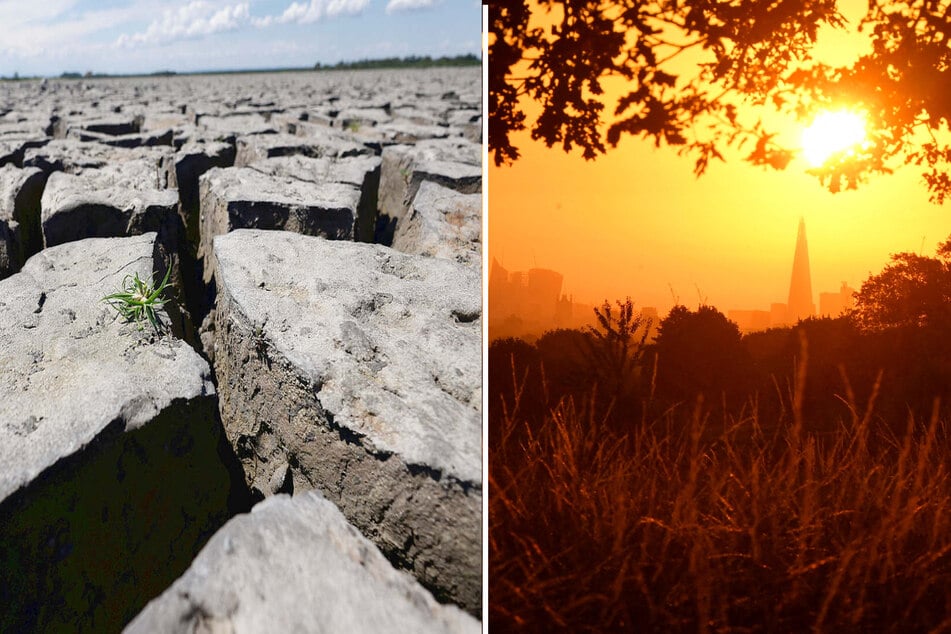Climate change: Researchers warn of "extreme heat belt" to come
New York, New York - Researchers have warned that climate change will lead to an "extreme heat belt," with perceived temperatures of around 125 degrees Fahrenheit or more being felt across the US.

The non-governmental organization First Street Foundation presented a study on Monday, showing more than 100 million people in the US could live in areas where broiling temperatures are reached at least one day a year as soon as 2053.
According to the study, over eight million people are expected to live in such areas as soon as next year. 30 years later, the number could rise to 107 million people, a thirteen-fold increase.
The foundation said the "extreme heat belt" stretches from just north of Texas and Louisiana through Illinois and Indiana to Wisconsin. These regions will get so toasty because they are far from the coasts, where the ocean gives more balanced temperatures.
The study relied on the US National Weather Service's most brutal heat category, which says that temps above 125 degrees Fahrenheit are an "extreme danger".
The research also said that the perceived temperature makes a bigger difference, because the temperature you feel includes how humid it is, on top of how hot things actually are.
The First Street Foundation looked at satellite data of air temperatures and temperatures of the Earth's surface between 2014 and 2020, and included details like the altitude of an area, water conditions, the distance to the nearest body of water.
They even used reports from the Intergovernmental Panel on Climate Change (IPCC) on climate trends in the coming decades.
Climate change's impacts are already being felt, and unless we stop the ball from rolling as soon as possible, things will brutal heatwaves will only ride across many parts of the country.
Cover photo: Collage: REUTERS